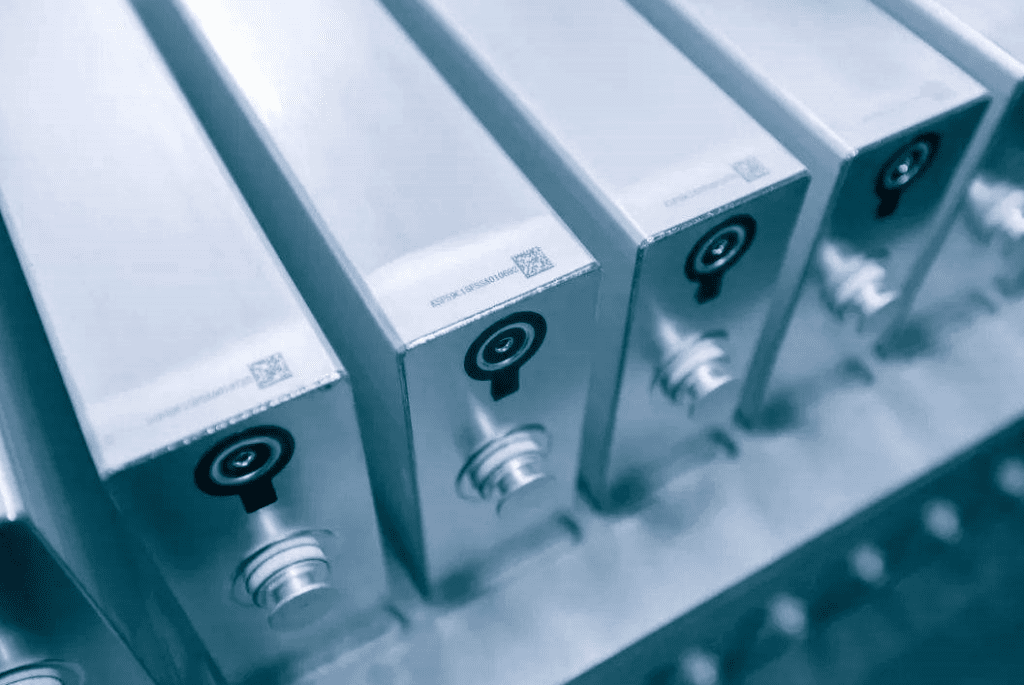Negatives of lithium batteries include their sensitivity to temperature extremes, potential fire hazards if damaged or improperly charged, environmental concerns related to mining materials like lithium and cobalt, and challenges in recycling processes.
In our latest blog post, we delve into the often overlooked downsides of lithium batteries, despite their widespread use in today’s tech-driven world. From environmental impacts to safety considerations, we provide a comprehensive view of the drawbacks associated with these high-energy-density power sources. Join us as we uncover the less-discussed aspects of lithium battery technology and gain a more balanced understanding of its implications.
The advantages of lithium batteries
Lithium batteries are highly favored for their compact size and powerful performance, offering numerous benefits over traditional options.
- High Energy Density: Lithium batteries can store more energy in a smaller space, making them perfect for portable devices like smartphones and laptops. Enjoy longer usage times without constant recharging.
- Low Self-Discharge Rate: Unlike some batteries, lithium batteries retain charge well when not in use, making them ideal for emergency backup systems or electric vehicles that sit idle for extended periods.
- Excellent Performance in Extreme Temperatures: These batteries operate efficiently in both hot and cold conditions, suitable for industries from aerospace to medical devices.
- Faster Charging: Lithium batteries charge quickly, convenient for users who need to power up their devices on the go without waiting for extended periods.
As lithium battery technology continues to advance, we can anticipate even greater performance improvements. In summary, their high energy density, low self-discharge rate, adaptability to temperature variations, and fast charging capabilities make lithium batteries the preferred choice across various industries today!
What are the common uses of lithium batteries?
Lithium batteries are ubiquitous in modern life, powering everything from smartphones to electric vehicles. Their compact size and high energy density make them ideal for a wide array of applications.
- Portable Electronics: Lithium batteries are commonly used in devices like laptops, tablets, and digital cameras due to their long battery life and fast charging capabilities.
- Automotive Industry: Hybrid and electric vehicles utilize lithium-ion batteries for their ability to store large amounts of energy while remaining lightweight, enabling longer driving ranges and reduced emissions.
- Renewable Energy: Lithium batteries play a vital role in storing electricity from renewable sources like solar panels and wind turbines, ensuring a stable power supply even during periods of low energy generation.
- Medical Devices: In medical applications such as pacemakers and hearing aids, lithium batteries offer the perfect combination of small size, long lifespan, and stable voltage output, making them essential for life-saving devices.
Lithium batteries continue to transform various industries with their efficient and durable power solutions. As technology progresses, we can anticipate further innovative applications for these versatile energy storage systems.
The environmental impact of lithium batteries
The widespread use of lithium batteries brings both benefits and environmental concerns. Here’s why:
- Extraction and Processing: The production of lithium batteries involves mining and refining lithium, leading to habitat destruction, water pollution, and carbon emissions from energy-intensive processes.
- Disposal Challenges: Improper disposal of lithium batteries can release harmful chemicals into the environment, posing risks to soil and water sources. Complex recycling processes make it difficult to recover valuable materials efficiently, leading to incineration or landfilling of many batteries.
- Responsibility and Solutions: While efforts are underway to improve recycling technologies and regulations, it’s crucial for consumers and manufacturers to prioritize responsible disposal practices and explore alternative battery options to minimize environmental impact.
Despite their advantages, addressing the environmental impact of lithium batteries is essential for sustainable energy storage solutions.
Potential safety concerns with lithium batteries
Despite their advantages, lithium batteries pose several safety risks that users should be aware of:
- Risk of Overheating: Due to their high energy density, lithium-ion cells are prone to overheating, especially when exposed to extreme temperatures or physical damage, potentially leading to fires or explosions.
- Formation of Dendrites: Tiny metallic fibers called dendrites can form within the battery, causing short circuits that generate heat and pose a fire hazard.
- Manufacturing Defects: Malfunctions due to manufacturing defects can compromise battery stability, increasing the likelihood of accidents.
- Mishandling Risks: Mishandling during charging or discharging processes, such as overcharging, can lead to gas buildup and battery leakage or rupture.
To address these concerns, manufacturers implement protective circuitry and quality control measures. However, users must also take precautions by following proper storage guidelines and avoiding conditions that could compromise battery safety. Always handle lithium batteries responsibly to minimize safety risks.
Risks associated with improper disposal and recycling of lithium batteries
Improper disposal and recycling of lithium batteries pose significant risks:
- Environmental Contamination: Toxic chemicals in lithium batteries, if not disposed of properly, can leach into soil and water, harming ecosystems and wildlife.
- Safety Hazards: Incorrect disposal methods like incineration can lead to fires or explosions due to the batteries’ susceptibility to thermal runaway reactions.
- Illegal Exporting: Exporting used batteries to countries with lax regulations can result in unsafe dismantling practices, endangering workers and causing pollution.
To mitigate these risks, individuals should utilize designated battery recycling programs to ensure safe handling and disposal of lithium batteries, thus protecting both the environment and human health.
Alternative battery options to consider
Exploring alternative battery options can offer benefits beyond traditional lithium-ion batteries:
- Nickel-Metal Hydride (NiMH) Batteries: NiMH batteries provide consistent power output and are commonly used in devices like cameras and toys. While they have lower energy density than lithium batteries, they are more environmentally friendly and easier to recycle.
- Solid-State Batteries: Emerging solid-state batteries use solid electrolytes, enhancing safety by eliminating the risk of leakage or combustion. They offer higher energy densities, faster charging rates, and longer lifespans compared to traditional lithium-ion batteries.
While these alternatives may not be as prevalent or cost-effective yet, ongoing research aims to enhance their accessibility and affordability. Considering these options alongside lithium batteries ensures a comprehensive evaluation of the best fit for your needs.













